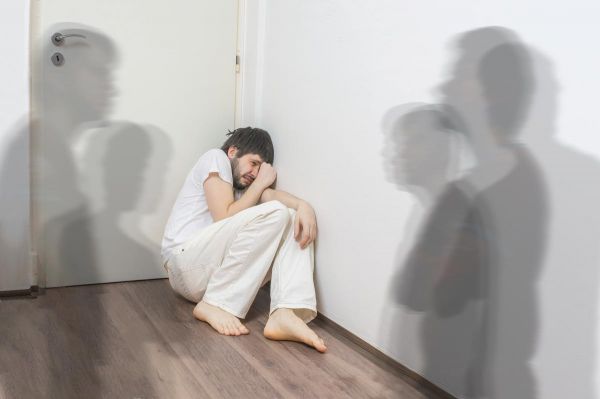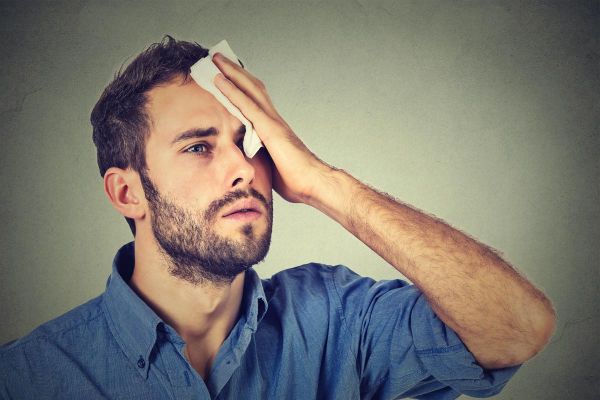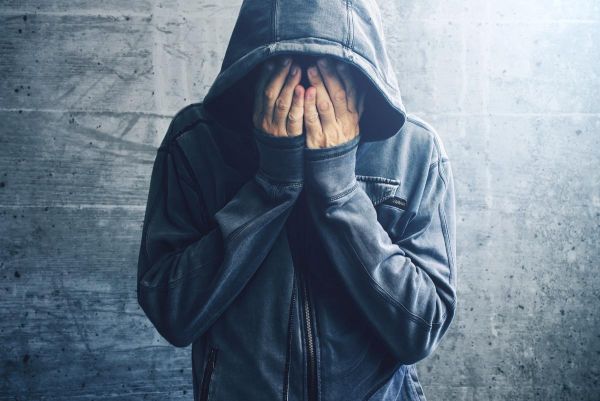 What is LSD?
What is LSD?
LSD, known on the street as acid, is such a strong hallucinogen that the doses taken are very small – typically just several micrograms. The chemical lysergic acid diethylamide (LSD) was first synthesized from lysergic acid, which is naturally found in ergot. Ergot is a grain fungus that was historically used in medicine and thought to be the cause of historical incidences of mass hysteria and hallucinations.
It’s thought that LSD works by binding to and stimulating the serotonin receptors in our brains. Most of the effects are centered in the prefrontal cortex, which is in charge of our mood, cognition, and perception. This causes the mind-altering hallucinogenic effects.
When ingested orally, it usually takes 30 to 45 minutes for the drug to take effect. While under the influence of LSD, known as a “trip”, the user may experience hallucinations and distorted sounds and visuals. Often, the user can also experience panic and fear. They can start to see and hear frightening or uncomfortable things. This is known as a “bad trip”.
The Dangers of LSD
One of the major dangers of LSD is many don’t view it as dangerous. It doesn’t have a high potential for addiction like Heroin or Methamphetamines, so many people view it as a fun drug with little risk of harm.
An acid trip can last anywhere from 12 to 24 hours, but the long-term effects can last much longer. You can experience negative effects for months or even years after the use of LSD. Even scarier, you can have these negative effects with just occasional use of LSD. Simply quitting LSD doesn’t always stop the long-term effects and there doesn’t seem to be a known cure.
How Does LSD Effect the Brain?
The impact of LSD on the brain is not clear or well-studied. In general, hallucinogens like LSD, peyote, and DMT are known to cause two brain disorders – hallucinogen persisting perception disorder (HPPD) and persistent psychosis.
Only one exposure to LSD can cause either disorder, but a higher frequency of use and a higher typical dose makes the user more likely to develop either. Both disorders are rare, however, more research is needed on the cause, long term effects, and frequency.
Some question if there actually is a connection between psychedelic drug use and HPPD/psychosis. Both are extremely rare. An analysis of studies done between 2008 and 2011 found no higher reported cases of mental health problems such as schizophrenia, psychosis, depression, anxiety disorders, and suicide attempts within people who reported use of LSD, mushrooms, or peyote at least once in their lifetime.
At the same time, psychiatrists report seeing HPPD and persistent psychosis in people who have used hallucinogens. For some of those patients, they are told they are lying about their symptoms. The fact that previous mental health issues increases the likelihood of developing psychosis or HPPD makes many wonder if LSD plays a major role in the patient developing psychosis or HPPD. HPPD has been reported in people who have never used any hallucinogenic drugs at all.
Persistent Psychosis
The most common effect of hallucinogens is known as persistent psychosis. Common symptoms include visual disturbances, disorganized thinking, paranoia, and mood disturbances. You are unable to determine what is real and what isn’t.
Psychotherapy, antidepressants, and antipsychotic drugs are often used to help treat psychosis. There is no known cure, but treatment can help lessen the impacts.
Hallucinogen Persisting Perception Disorder
 Hallucinogen Persisting Perception Disorder, also known as flashbacks, is another consequence of using LSD. The main symptoms are impacted vision – hallucinations, moving objects may seem to have trails or halos, or blurring. HPPD may be mistaken for a stroke or a brain tumor, as the symptoms can be very similar. The flashbacks can happen at any time and repeatedly.
Hallucinogen Persisting Perception Disorder, also known as flashbacks, is another consequence of using LSD. The main symptoms are impacted vision – hallucinations, moving objects may seem to have trails or halos, or blurring. HPPD may be mistaken for a stroke or a brain tumor, as the symptoms can be very similar. The flashbacks can happen at any time and repeatedly.
It is unknown why HPPD occurs. There is an old theory that some LSD is retained in the brain or the spinal fluid and flashbacks happen when the molecules are released. This is considered to be an urban legend.
Some joke about the idea of flashbacks – there have been references to flashbacks in TV shows and movies. Others enjoy the idea of what they call a “free trip”. Flashbacks can happen at any time and can last anywhere from a few minutes to a few hours. You will have no control over when they start or the duration. This can be extremely distressing for most and extremely disruptive to normally living your life.
Treatments for HPPD
While there is no known cure for HPPD or other psychosis from LSD use, some medications and therapy have been used to help manage some of the symptoms.
The medications typically used are selective serotonin reuptake inhibitors, atypical antipsychotics, Clonidine, and lamotrigine. Selective serotonin reuptake inhibitors are antidepressants that work by increasing the serotonin levels in the body. The atypical antipsychotics used are the ones that are used to treat schizophrenia, autism, and bipolar disorder. Clonidine is a treatment for high blood pressure, pain, and attention deficit hyperactivity disorder.
Lamotrigine is a possible treatment that is being studied. It is used as a mood stabilizer and to treat epilepsy. None of these medications will cure, they are merely used to help lessen some of the symptoms.
Counseling, both individually and in groups, can help with dealing with the symptoms and learn to be happy and successful even with the HPPD episodes. Just like with the medication, therapy is not a cure for HPPD – it just helps mitigate the impacts of the HPPD episodes on your life.
How Does LSD Effect the Body?
 While LSD typically impacts the brain more than the body, several physical impacts can severely damage the body. LSD effects two general areas of the body – the sympathetic nervous system and the motor system.
While LSD typically impacts the brain more than the body, several physical impacts can severely damage the body. LSD effects two general areas of the body – the sympathetic nervous system and the motor system.
Dilated pupils, fast heartbeat, increased body temperature, and high blood pressure are all immediate effects of taking LSD. Prolonged use can also cause nausea, loss of appetite, increased blood sugar, difficulty sleeping, dry mouth, tremors, and seizures.
Physical harm to the body can often be from accidents due to the altered senses and perceptual experience. You can’t normally process or react to dangers in the real world. Accidents like stepping into traffic or falling off something high up are not unheard of while taking LSD.
LSD can also over stimulate the body’s sympathetic nervous system, which is the part of the body that controls the fight or flight reaction. This can lead to things like increased sweating, your hairs standing on end, higher blood glucose levels, and a higher heart rate and blood pressure. These effects are minor and not very threatening.
The impacts on the motor system can be much more significant. Someone using LSD can experience tremors, muscle tension, decreases coordination, and increased reflexes.
LSD users are known to develop a noticeable tolerance with long-term and heavy use. Over time, the user will need to increase the dose to achieve the same high. This tolerance extends to other hallucinogens that act on the same receptors in the brain, mainly psilocybin and peyote.
While there is no known lethal dose of LSD, remarkably high doses have been known to be toxic and cause overheating, sudden heart failure, or even death. In 1974, eight people accidentally snorted an exceptionally large amount of LSD. They experienced fevers, vomiting, and internal bleeding. With medical help, all recovered.
LSD Addiction Treatment
Because LSD is not addictive in the same way as other drugs, a drug rehab program will look quite different than treatment for addiction to other drugs like methamphetamine and heroin. Treatment for LSD addiction usually won’t include a detox period.
Unless you have symptoms of persistent psychosis or HDDP, you won’t have any medication. Therapy will be the largest part of your treatment. A therapist will help you determine and work through life patterns that are holding you back from recovery.
Speak with one of our experienced treatment advisors today at 800-931-9884 for a free assessment, or a free tour of our modern and effective residential substance abuse treatment and mental wellness facility.
 What is LSD?
What is LSD?